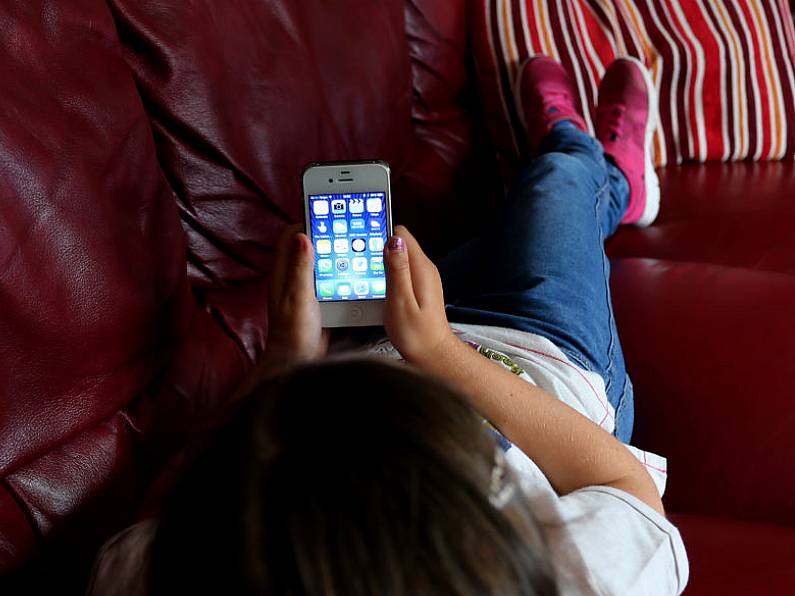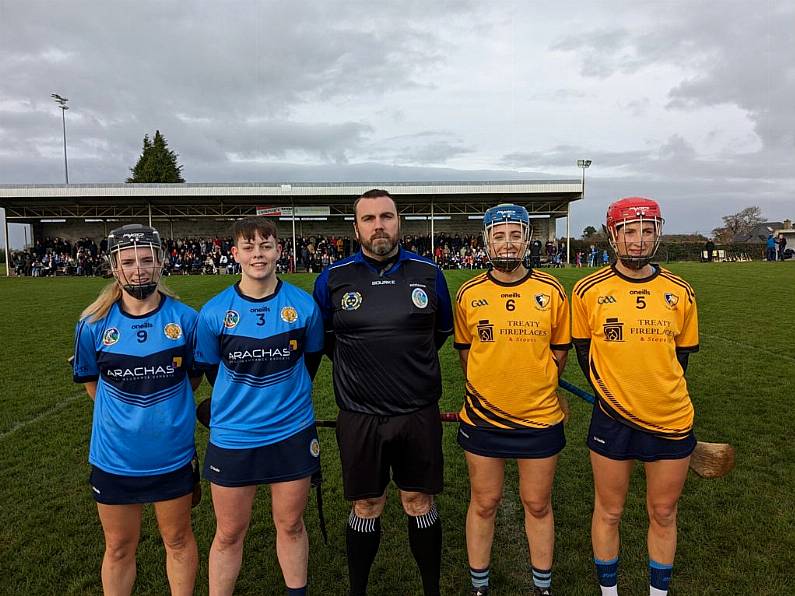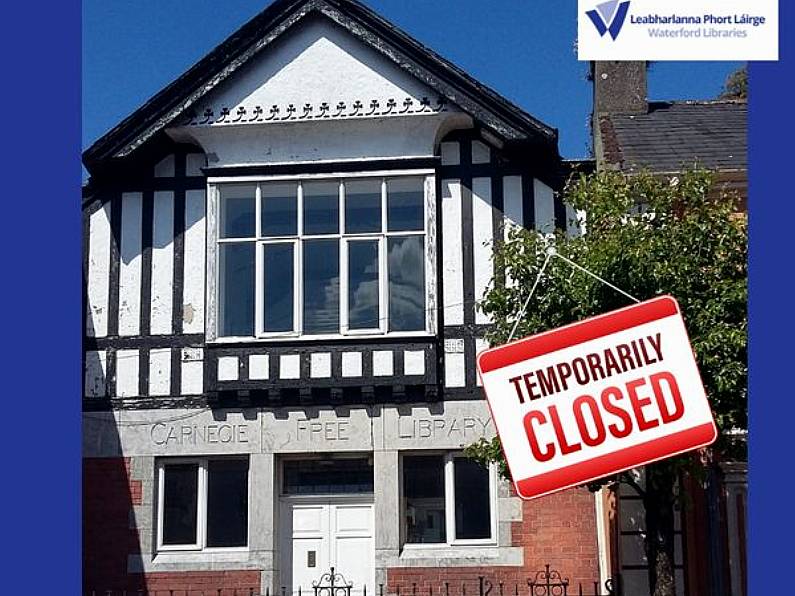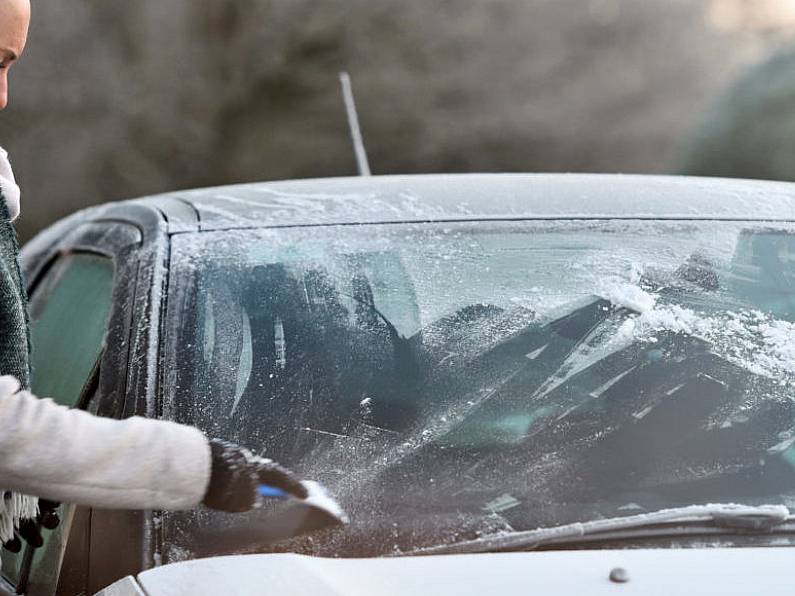By James Ward, PA
Cyberbullying among Irish children has increased by 28 per cent during the lockdown – among the highest rates in Europe.
A joint study between the European Commission and researchers at Dublin City University found rates were highest in Ireland, followed by Italy and Germany.
The younger children were, the more likely they were to become victims, the study found, with the problem particularly prevalent in young boys.
Tijana Milosevic, of the National Anti-Bullying Research and Resource Centre, said the results are higher than in previous studies.
Irish children are among the top frequency numbers in Europe that we have. That is worrying in and of itself
She said: “Irish children are among the top frequency numbers in Europe that we have. That is worrying in and of itself.
“This was a survey that was done with children in 10 other European countries with children aged 10 to 18.
“We conducted research into their use of digital media but also their experience of risks and their exposure to different types of online harm, cyberbullying being one of those.
“We see a 28 per cent increase in cyberbullying victimisation during the lockdown.”
Lockdown bullying
The findings were presented to the Oireachtas Committee on Education to mark the UN International Day Against Violence and Bullying in Schools.
Overall, 49 per cent of males had experienced significantly more frequent cyberbullying since lockdown.
About 66 per cent of all children between 14 and 16 experienced significantly more cyberbullying compared with pre-lockdown on instant and private messaging services such as WhatsApp, Viber and Telegram.
Dr Milosevic said: “This is an increase compared to previous studies in Ireland, which have shown a cyberbullying victimisation rate of about 14 per cent for primary schools and just under 10 per cent for post-primary schools.
“There has been an increase, but it’s not as huge of a spike as we might have expected based on media reports we were seeing during the lockdown.”
She said social media platforms had to do more as the lines between in-school bullying and cyberbullying become increasingly blurred.
If schools are consistent with recording all incidents, that will highlight patterns to a school
Seline Keating, a professor and research fellow in anti-bullying studies at DCU, called for a single anti-bullying programme to be implemented in schools nationwide.
She warned that current measures, adopted in 2013, were not being fully implemented in some schools – particularly in relation to identity-based bullying such as homophobia and transphobia.
There should be a mandatory component to keep written records of all reports of bullying in schools, Dr Keating said, adding: “If schools are consistent with recording all incidents, that will highlight patterns to a school."













